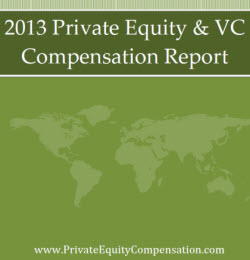In Job Search Digest’s 2012 edition of the Private Equity & VC Compensation Report, respondents were asked about the number of hours they rendered in a week. Thirty eight percent of the respondents said they worked, on average, 70 to 79 hours in a week. Thirty three percent reported that they worked 60 to 69 hours in a week. Twelve percent said that their average was 80 to 89 hours a week. Ten percent said their weekly working hours averaged between 40 to 49 hours. Only about one percent reported that their average was more than 90 hours a week.
Compare the above figures with the hours put in by investment bankers. According to IbankingFAQ, analysts in the investment banking industry routinely put in 90 to 100 hours each week, sometimes even more. Those holding associate positions put in an average of 80 to 90 hours per week.
To put the preceding figures into perspective, data from the Bureau of Labor Statistics indicates that employees in privately-owned, non-farm businesses averaged around 34.4 hours of work a week in August 2012.
While the total hours spent working each week is relatively high for PE professionals, Job Search Digest’s survey results appear to indicate that not many are complaining. Forty four percent of the respondents said they experienced above average to excellent balance in their work and personal lives. Thirty eight percent said work and personal life balance was average for them while eighteen percent reported experiencing below average to poor work and personal life balance.
When it comes to compensation, forty one percent of the respondents said they are happy with what they are getting. This is a significant jump from last year’s thirty six percent figure.
Aside from compensation, one of the reasons why PE professionals are happy or satisfied with their jobs is the range of benefits afforded to them. For instance, the 2012 PE Compensation report mentions the generous amount of vacation available to privately equity professionals. Eighty one percent of the survey’s respondents say their earned vacations were three weeks or more. Over fifty percent said their vacation was four weeks or more. The survey notes that these are considered generous by U.S. standards.
Job satisfaction also appears to have a strong link with job security. The Report notes that forty six percent of the respondents said they were not concerned about their job security. Forty four percent said they were somewhat concerned while only ten percent answered that they felt very concerned. Thirty one percent of those who said they do not feel concerned about the job security cited their firm’s structure as a factor. While twenty nine percent cited “other” factors, a good twenty percent mentioned their company’s performance as the reason why they are not concerned about job security.
On the other hand, thirty percent of those who were worried about job security cited fund raising as the basis for their fears. Twenty three percent, meanwhile, cited market conditions as the reason behind their worries.

